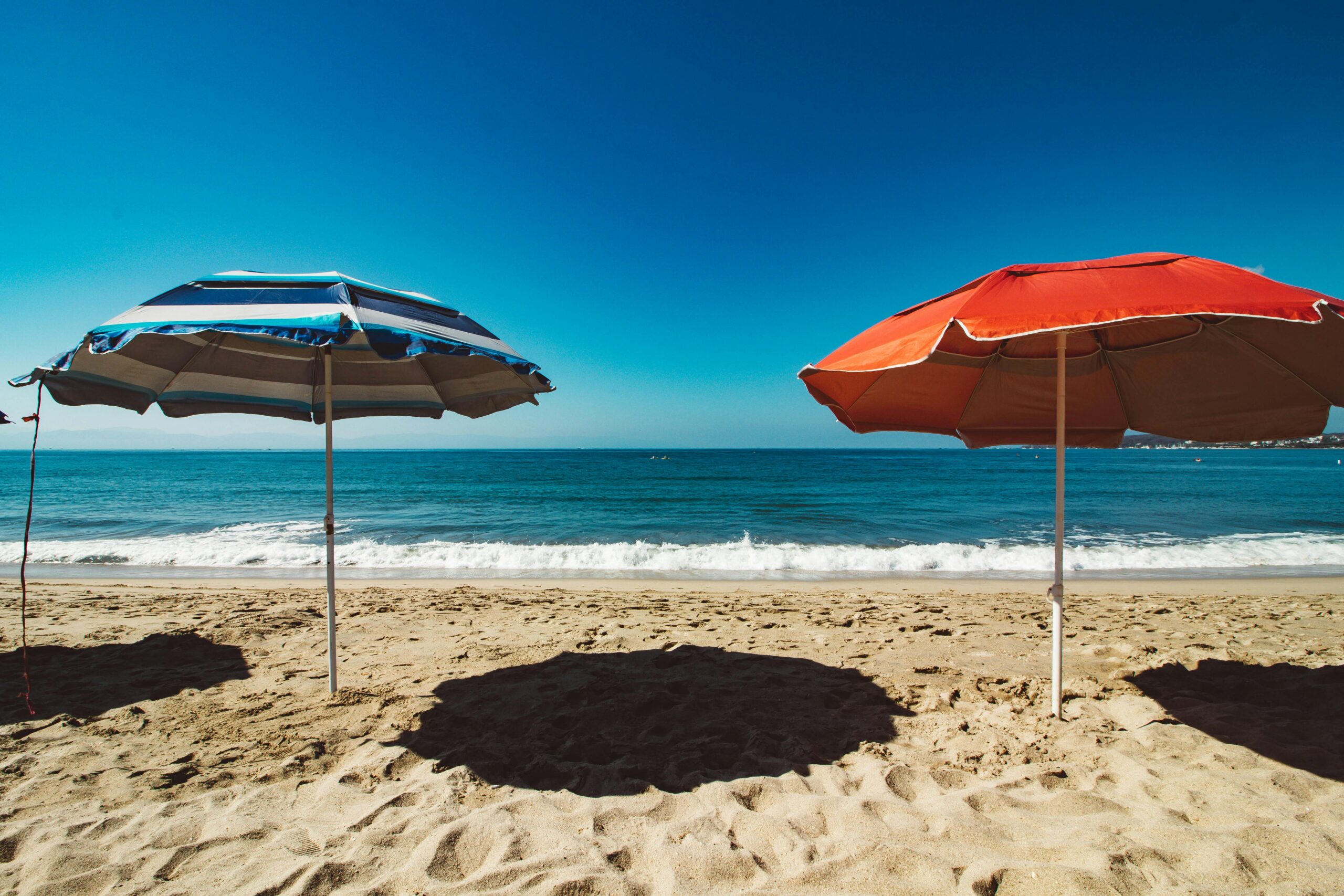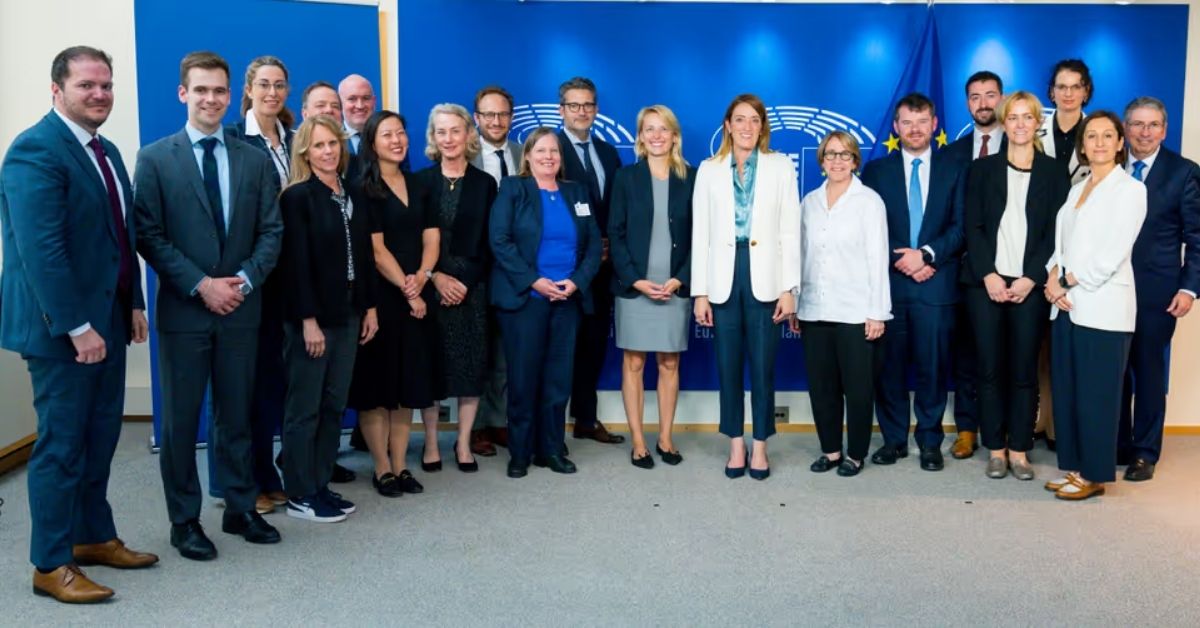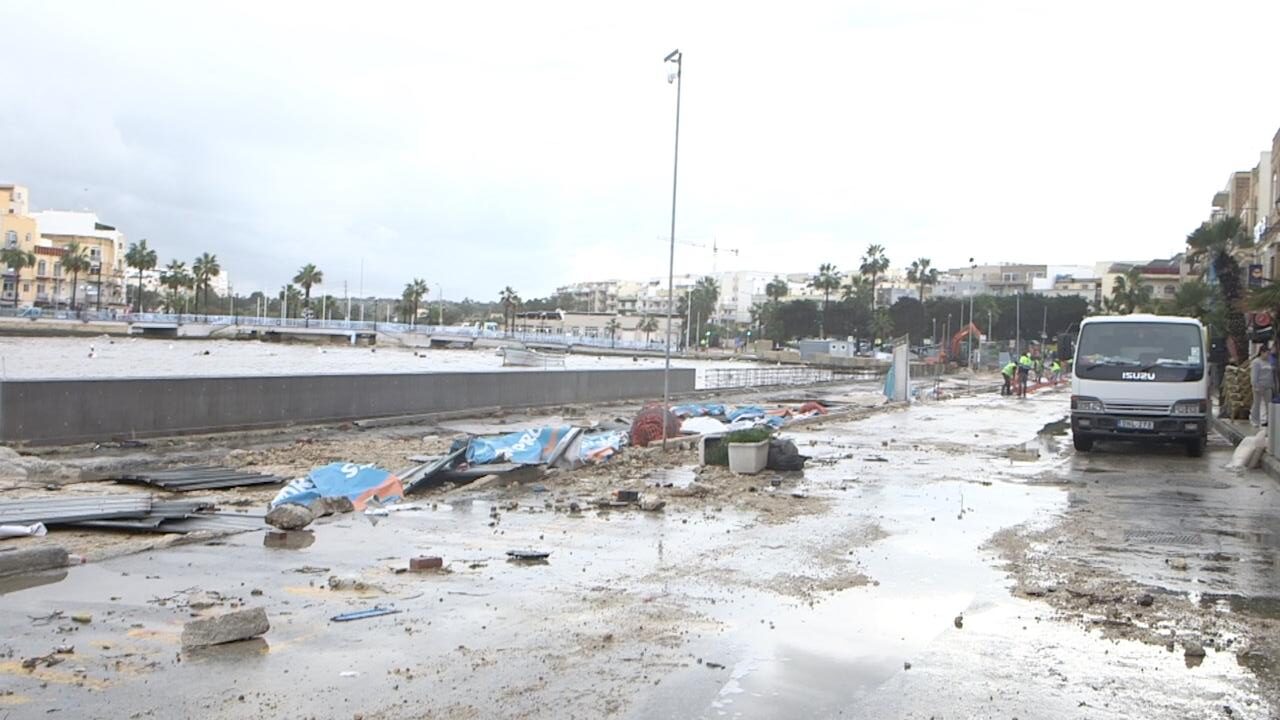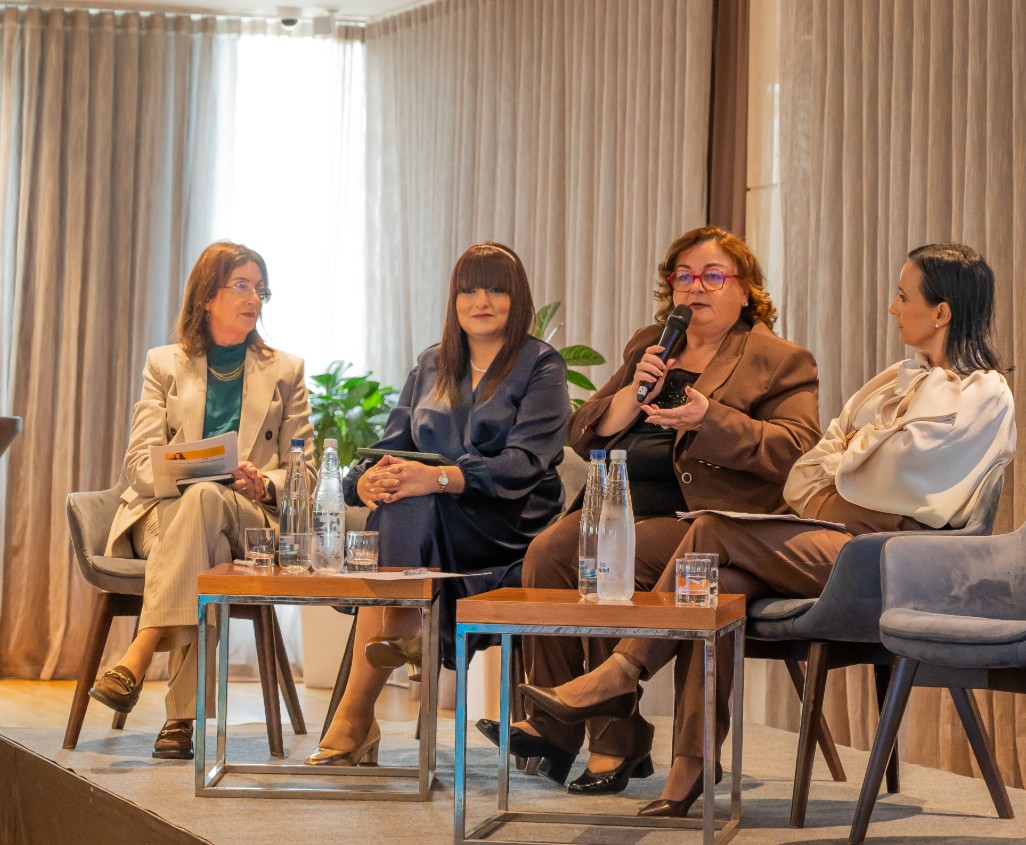Malta’s economic well-being has and will continue to significantly rely on its influx of tourists. Small in size but enormous in appeal, Malta now hosts five tourists for every resident, a ratio that places it among the top five most tourism-saturated destinations in the world.
In May 2025 alone, over 300,000 visitors descended upon its shores, yet, as arrivals surge, so too does local frustration. Crowded beaches, congested roads, and rising rents have left many questioning whether the economic benefits of tourism are worth the social and environmental costs.
The Government’s Vision 2050 offers a seemingly contradictory solution: attract more tourists (4.6 million by 2035, up from 3.6 million today) while simultaneously transforming Malta into a destination for “high-quality” spenders, those who leave a heavier economic footprint but demand exclusivity and space.
But can Malta really have both? Or is this vision little more than a smokescreen to justify unchecked growth?
BusinessNow.mt spoke to to Malta Hotels and Restaurants Association (MHRA) president Tony Zahra and Professor Lino Briguglio, an academic specialised in the economy of small island states, about .about the present state of tourism and what could lie ahead.
The illusion of “high-quality tourism”
Tony Zahra, (MHRA), acknowledges the tension. The Government’s strategy hinges on a shift from mass-market tourism to luxury experiences, yet Mr Zahra notes that Malta’s hospitality sector remains heavily reliant on mid-range (3-star) hotels, which cater to budget-conscious travellers. “The market must encompass all segments,” he insists.
“But if we want higher spenders, we need to offer higher-quality infrastructure, something Malta currently struggles with.”
When pressed on whether capping tourist numbers is feasible, Mr Zahra points to a Deloitte study commissioned by MHRA, which found that Malta had already hit saturation points in key areas years ago.
The report warns that once saturation is reach saturation, increasing numbers becomes counterproductive, he admits. “The focus should be on upgrading the tourist experience.”
Yet, despite these warnings, no hard limits have been imposed. Even on Comino, where various local stakeholders protest over-tourism, the Government’s so-called “cap” merely formalised existing crowding levels rather than reducing them.
Professor Lino Briguglio: ‘Lip service to sustainability‘
Economist Professor Lino Briguglio, a longtime critic of Malta’s tourism policies, is far more skeptical.
“This talk of ‘quality tourism’ is meaningless unless paired with real restrictions,” he argues.
Professor Briguglio defines true quality tourism as follows, “Discerning visitors who respect the host community, culture, and environment – and who pay fairly for the experience.”
These tourists, he says, are less likely to overcrowd beaches, litter, or strain resources – but they also expect pristine conditions that Malta increasingly struggles to provide.
“The Government treats rising tourist numbers as feather in its cap” he says. “But destinations like Barcelona and Venice have shown that unchecked growth leads to backlash.” Unlike Malta, those cities have taken hard measures: Venice introduced high entry fees, Barcelona banned new hotels, and Dubrovnik limited cruise ships. Malta, meanwhile, continues to prioritise volume, a strategy Briguglio attributes to “state capture by the tourism lobby.”
Should Malta reduce tourist dependency?
Professor Briguglio outlines three critical reasons why Malta must diversify away from mass tourism:
- Social and Environmental Breakdown
Overcrowding, noise pollution, and beach takeovers by commercial operators have eroded locals’ quality of life. - Infrastructure, from roads to water supplies, is overburdened, with no meaningful investment in long-term solutions.
- Low-Wage, High-Risk Economy
- Tourism jobs are largely low-skilled and low-paid, relying on third-country nationals willing to work for minimal wages.
- The sector is volatile, as COVID-19 proved, leaving workers vulnerable to sudden downturns.
- Zero-Sum Game
- Tourism is not a wealth generator for nations. Unlike tech or manufacturing, it doesn’t scale productivity, just more people in the same space.
- You can’t be in two places at once, meaning one country’s benefit from tourism at one point of time means another is losing out.
The road ahead
Malta stands at a crossroads. Vision 2050’s goals – more tourists, higher spending – are incompatible without radical changes. Luxury tourism requires:
- Strict caps on arrivals
- Higher wages to attract skilled workers
- Environmental enforcement (clean beaches, noise control, protected heritage)
- Diversification into industries beyond tourism
Yet none of these are seriously prioritised. Instead, the Government’s approach could resemble “greenwashing”, talking sustainability while chasing GDP growth at all costs.
Will Malta act before it’s too late? Or will it follow the path of Spanish cities, where locals now spray tourists with water guns in protest? The answer depends on whether leaders are willing to confront the tourism lobby, or continue pretending that “quality tourism” can coexist with infinite growth.
One thing is clear: without real limits, Malta’s golden goose may soon be cooked.
French NGO accuses Metsola and MEP of working with USA to dismantle Green Deal
Bloom calls out EU officials for 'adopting the Trump administration's strategy' to torpedo corporate environmental due diligence
Storm-hit businesses can now apply under amended Malta Enterprise scheme
A new measure offers targeted aid to storm-hit businesses while giving non-compliant operators one year to regularise their permits
Access to finance and rising fraud risks discussed at Malta Women & Finance Summit 2026
Expert advice for spotting scams and opinions on investing






